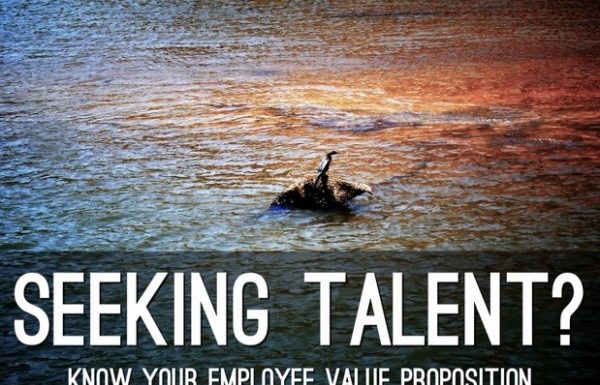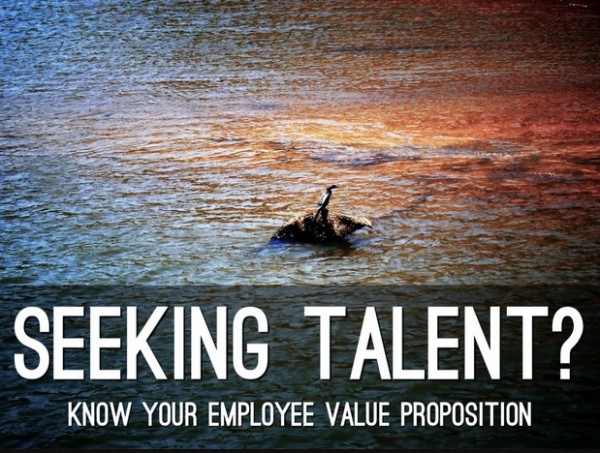Have you ever started with a new company only to quickly discover that what you were “sold” during the interview process was nothing like working there?
We all spend too many hours a week to be working somewhere we are disengaged or, even worse, actively despise.
Years ago I would visit clients to do recruiting effectiveness audits. Not only did I look at recruiting process and sources but also would talk to people in the business to understand their perspective on the candidate experience. Without fail, I’d ask:
“What’s great about working here?”
“Why should a candidate choose your company over the competition?”
“What does the career path look like?”
“How do you define the culture?”
“Beyond skills, what makes someone a great match for the organization?”
Answers would range from blank stares to insights on competitive pay and rich training budgets to declarations that they’re OK with smoke breaks and managers are not clock-watchers. So… they want smokers that are cool with cutting out early?
Employee Value Proposition (EVP) is something that is not aspirational (we want a super cool culture!) but one that is based on the reality of today (rewards, benefits, policies, culture etc). Looking for a shift in culture and rewards? That is do-able but will take time, effort and focused attention.
So – how do you get in touch with your Employee Value Proposition today? Start here:
Understand Company Culture
Smart people with great skills can’t thrive in every culture. Hiring on skill alone will ultimately lead to limited engagement and retention issues. Know your company culture and what makes it compelling and different from the competition.
1) Can’t put your finger on it? Conduct some focus groups centered on your org culture. Do a survey. Bottom line? Bring more people into the thinking process than HR, Recruiting and Sr. Leadership.
2) Look at your data – who are your most successful recent hires? Ask them what made them say yes, stay and thrive.
3) Conduct stay interviews! Ask your employees why they stay and what more could be done to make working there an exceptional experience.
Don’t Depend on Rockstar Leaders to Be the Magnet
Candidates and hiring managers always know the magical click in an interview when they feel it. Some of your leaders are probably rockstars when it comes to connecting with people and getting them to open up in the interview process. Candidates want to work for them and so do employees.
1) Unless a leader will work directly with a candidate if they accept the job, never have them do the closing interview. Once candidates become new hires, they will feel like they go the bait and switch.
2) If every interviewer and recruiter shares the exact same stories about the exact same influential leaders, the candidate will start to question if anyone else in the organization is any good. People connect to stories but be sure that more then one story about one person or a small set of leaders is shared with candidates.
3) If the best part of working for your company is a robust benefits package, a single interview with a sparkly leader is not going to be able to cover up the mismatch with company culture. Savvy candidates are looking for more than a seat and a paycheck and know how important cultural match is to their happiness and success.
Take it Deeper
You should never be surprised by a candidate’s answer at the point of offer if hiring managers and recruiters are doing their job throughout the process and always closing the candidate. However, sometimes surprise declines still happen.
1) Follow up with candidates that you really wanted but passed on the offer. What made them decline? You won’t know if you don’t ask.
2) Develop a candidate experience survey and send to everyone in your pipeline that made it to an in person interview.
3) Create a statement of your Employee Value Proposition, consistently share it and use it! Hiring managers, HR, senior leaders, recruiters, website, recruiting collateral etc. The EVP statement should encapsulate what makes the organization a Great Place to Work and be 100% truthful.
How do you define a Great Place to Work? What makes a company culture that is ideal for you?



Leave a Reply